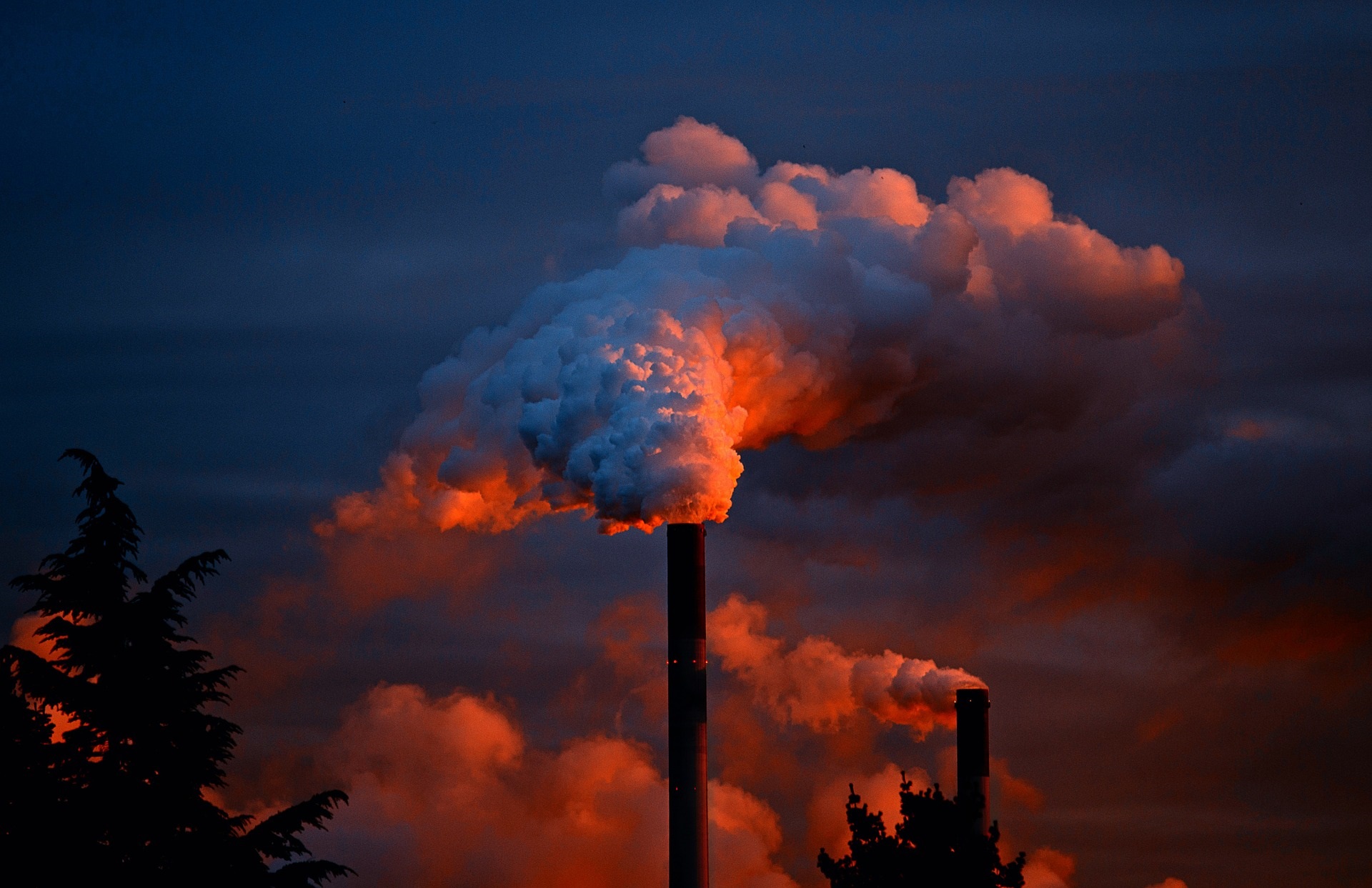DOAH Strikes Proposed Rule Requiring Public Notification of "Reportable Releases"
December 30, 2016
 On December 30, the Division of Administrative Hearings (DOAH) entered a final order invalidating the Department of Environmental Protection’s (DEP) proposed rule expanding notification requirements for every release of any substance that could pose an immediate danger to human health, welfare, or property. The proposed rule would have expanded the current requirement that DEP notify adjacent property owners, local governments, at least one local television station, and one local newspaper within 24 hours after the release of such substances.
On December 30, the Division of Administrative Hearings (DOAH) entered a final order invalidating the Department of Environmental Protection’s (DEP) proposed rule expanding notification requirements for every release of any substance that could pose an immediate danger to human health, welfare, or property. The proposed rule would have expanded the current requirement that DEP notify adjacent property owners, local governments, at least one local television station, and one local newspaper within 24 hours after the release of such substances.In a challenge brought by several business associations, Administrative Law Judge Bram Canter ruled that DEP lacked authority to adopt a rule requiring notification of persons and entities other than DEP itself. Judge Canter found the rule expanded the requirements of the statutes on which DEP claimed to rely, and exceeded DEP’s rulemaking authority. Judge Canter also concluded that DEP improperly rejected a lower cost regulatory alternative offered by the associations, which would have placed the notification burden on DEP.
Because the associations’ rule challenge was decided, DEP’s emergency rule mirroring the notification requirements of the now invalidated proposed rule is no longer in effect. DEP has not yet indicated whether it intends to appeal the ruling. While future judicial and legislative action could reintroduce the requirements, for now at least, the expansive third-party notification requirements imposed by the emergency and proposed rules no longer exist.
However, substantial pollution reporting requirements remain under existing law. To understand the specific reporting requirements that may apply to particular facilities or operations, owners and operators should consult with legal counsel.
©2024 Carlton Fields, P.A. Carlton Fields practices law in California through Carlton Fields, LLP. Carlton Fields publications should not be construed as legal advice on any specific facts or circumstances. The contents are intended for general information and educational purposes only, and should not be relied on as if it were advice about a particular fact situation. The distribution of this publication is not intended to create, and receipt of it does not constitute, an attorney-client relationship with Carlton Fields. This publication may not be quoted or referred to in any other publication or proceeding without the prior written consent of the firm, to be given or withheld at our discretion. To request reprint permission for any of our publications, please use our Contact Us form via the link below. The views set forth herein are the personal views of the author and do not necessarily reflect those of the firm. This site may contain hypertext links to information created and maintained by other entities. Carlton Fields does not control or guarantee the accuracy or completeness of this outside information, nor is the inclusion of a link to be intended as an endorsement of those outside sites.
